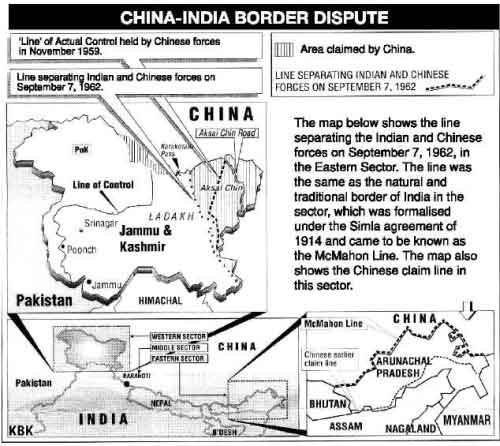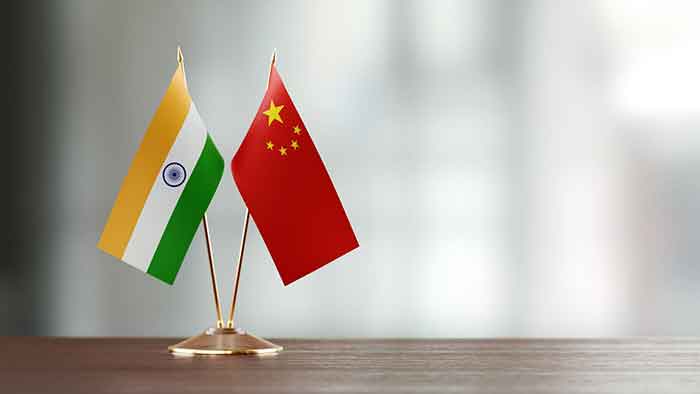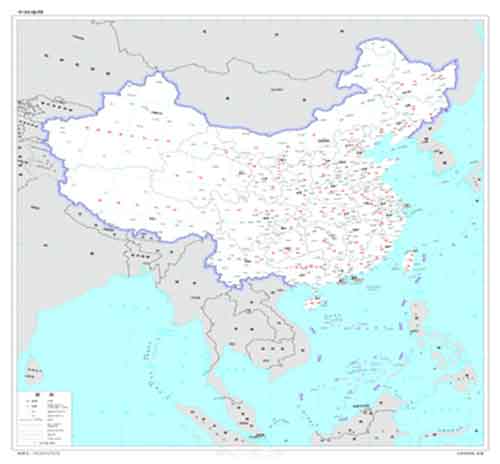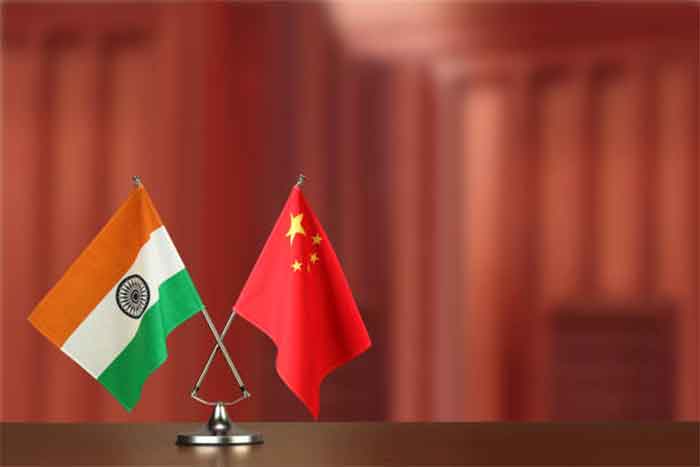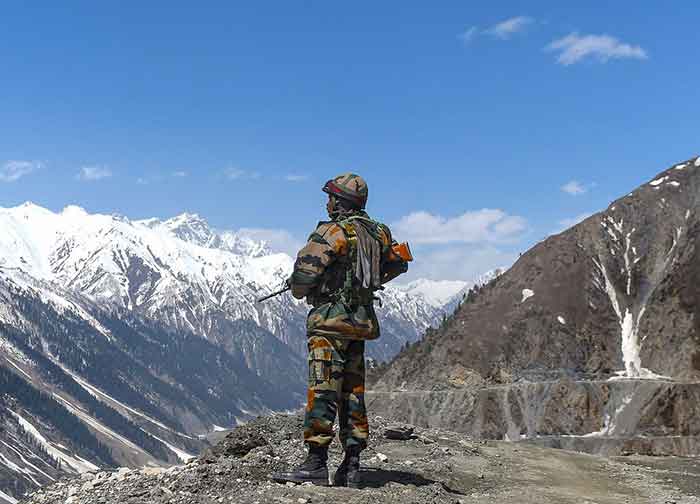
An unprovoked attack by the People’s Liberation Army (PLA) of China led to the death of twenty Indian soldiers in the Galwan valley in Eastern Ladakh on June 15. This led to a nationwide furore and the opposition leaders accused the government for remaining silent on the ongoing border crisis with China for over a month. It all started with a clash between the Chinese and Indian soldiers near the Pangong Tso lake in Ladakh on May 5 and the crisis lingered on for a month until commander level talks started on June 6 to amicably resolve the tensions. The Prime Minister Narendra Modi and the External Affairs Minister S. Jaishankar didn’t give any clarification to the public as to what was actually happening in Ladakh until the June 15 incident. It is quite expected that when there is a threat to the territorial integrity of a nation, the first thing that the government should do is to take its citizens into confidence. Why our Prime Minister failed to do so is a puzzle that this article seeks to solve.
Attack from Opposition Parties
Congress President Rahul Gandhi tweeted “Why is the PM silent? Why is he hiding? Enough is enough. We need to know what happened,”. Shiv Sena, which is a former ally of BJP, said that the entire nation is ready to back the government in this time of crisis, but the Prime Minister should come out with the truth of the incident that took place in Galwan valley. All India Trinamool Congress leader Mohua Maitra slammed the government for riding on the nationalistic fervour created by the surgical strikes to win the 2019 elections and now remaining silent on the death of 20 soldiers. The CPI(M) Polit Bureau also urged the government to come out with an authoritative statement on the issue. Former Prime Minister HD Deve Gowda also stated that the government must offer a clearer picture on the border issue with China.
Modi’s Silence Explained
Since the Modi government came to power in 2014, it has shown no qualms in publicizing its foreign policy and national security related initiatives. It is hard to find any precedent of the way in which the government boasted of the surgical strikes conducted after the terrorist attacks in Uri and Pulwama. Phrases like ‘Ghar Main Ghus K Mara’ became headlines in national newspapers and media channels. Therefore, the question that arises now is- Why did the Modi government choose not to open up in the ongoing border dispute with China? There are three answers to this question. First, the government was caught by surprise when China started to make incursions in Ladakh as prior agreements in 1993, 1996 and 2013 had resolved any dispute regarding the Line of Actual Control (LAC) in the area. After all the hype regarding the Wuhan spirit and the bonhomie shared by Modi and Xi, very few in the Indian strategic community expected such belligerent behaviour from China. It was thought that the problem could have been solved with talks at the military level.
Second and the most significant reason that can be attributed for this silence is, this time the enemy is China. When compared with Pakistan, China is a much more powerful neighbour both in military and economic terms. To be precise, the balance of power is tilted in favour of China and that is preventing the government from taking an assertive stance like it did in the case of Pakistan. Disclosure of facts at the beginning of the dispute could have whipped up the nationalist sentiments of the public and the government would have been under pressure to go for strict action. A military stand-off with China wouldn’t have been a feasible option as the costs would far outweigh the benefits.
Third, India has been badly hit by the Covid 19 virus with almost four lakh people of its population being affected. It has also slowed down the economic growth of India substantially, the GDP growth in the March quarter was 3.1%. The government is already facing criticism for poor handling of the crisis that led to the death of migrant labourers and an inadequate healthcare system. In this scenario, any signs of Chinese footprints in our territory can go a long way in tarnishing the image of the government and a strong leader like Narendra Modi among the domestic audience. This is the reason why our Prime Minister is looking for a favourable time to disclose the issue to the public and the opposition.
Old Wine in New Bottle
What BJP is doing now, is nothing but a replication of what Congress did in 2013 and at that time it was the former that was criticizing the latter for remaining “silent”. In 2013, when UPA II was ruling at the Center, China had made incursions in the Despang plain in Eastern Ladakh and built up tents in the area. The BJP leaders along with Narendra Modi, who was the Chief Minister of Gujarat at that time, attacked the Congress led government for “silently watching” the Chinese enter our territory. The Congress has claimed that it was a local problem and they did not want to aggravate the situation. This shows that when in opposition, both Congress and BJP want action but when in government, they tend to follow a different path. This is because a number of structural imperatives in the domestic and international realm seem to limit the options of the government. Hence, BJP’s silence and Congress’ criticism is nothing but an old wine in a new bottle. Even the centralization of foreign policy making is nothing new, it started during the reign of Jawaharlal Nehru and reached its zenith when his daughter Indira Gandhi was in power.
Criticism flowing in from opposition parties is something quite normal in a vibrant multi-party democracy like India. In this case it becomes more important as the issue is related to national security. In my opinion, the government is accountable to the people of this country and they have every right to know what their representatives are doing to protect the territorial integrity of this nation. Informed public opinion and debates can act as important inputs in enriching the foreign policy of a government. It is good that Modi finally opened up in the all-party meeting that was called today. Failing to take the nation into confidence can backfire in a democratic country. Talking about criticism from opposition parties, it needs to be noted here that in many instances such aggressive questioning of the government is driven by petty political calculations. This is not the need of the hour. On one hand we require the government to be more transparent on issues like the protection of our borders and on the other hand the opposition must also forfeit their posture of destructive criticism and cooperate with the ruling party to preserve our sovereignty and territorial integrity.
Dhritiman Mukherjee (M.Phil.), Ph.D. Research Scholar, Department of Political Science, Presidency University
SIGN UP FOR COUNTERCURRENTS DAILY NEWSLETTER

